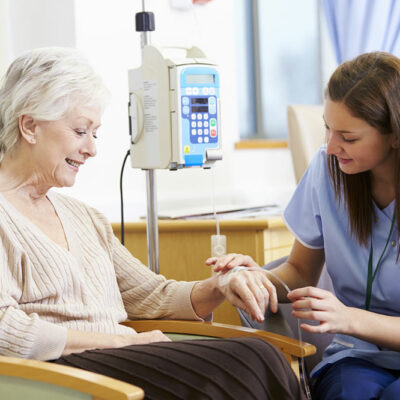
10 common hydration mistakes to avoid
Drinking water is crucial for overall health and well-being, but it’s not just about the quantity. How we drink water can also have a substantial impact on our bodies. Unfortunately, many people make mistakes when hydrating, which can significantly disrupt their natural bodily functions. Several factors must be considered when drinking water, from timing and temperature to additives and sources. Here are a few common mistakes to steer clear of. Not drinking enough water The human body is made up of about 60% water, so one must drink enough to maintain proper hydration levels. The general recommendation is at least eight glasses daily, but this number can vary depending on age, gender, and activity level. Drinking too much water Drinking water excessively can lead to hyponatremia, a condition where the body’s sodium levels become diluted. This can cause symptoms like nausea, headaches, and confusion. So, finding a balance and drinking the correct amount is crucial. Mistaking thirst for hunger Sometimes, the human body sends similar signals for hunger and thirst, such as a feeling of emptiness in the stomach or a dry mouth. As a result, individuals may think they’re hungry when, in fact, they’re dehydrated. If a person has had a recent meal or a snack, they should drink water first to see if the feeling is alleviated.
Read More 







